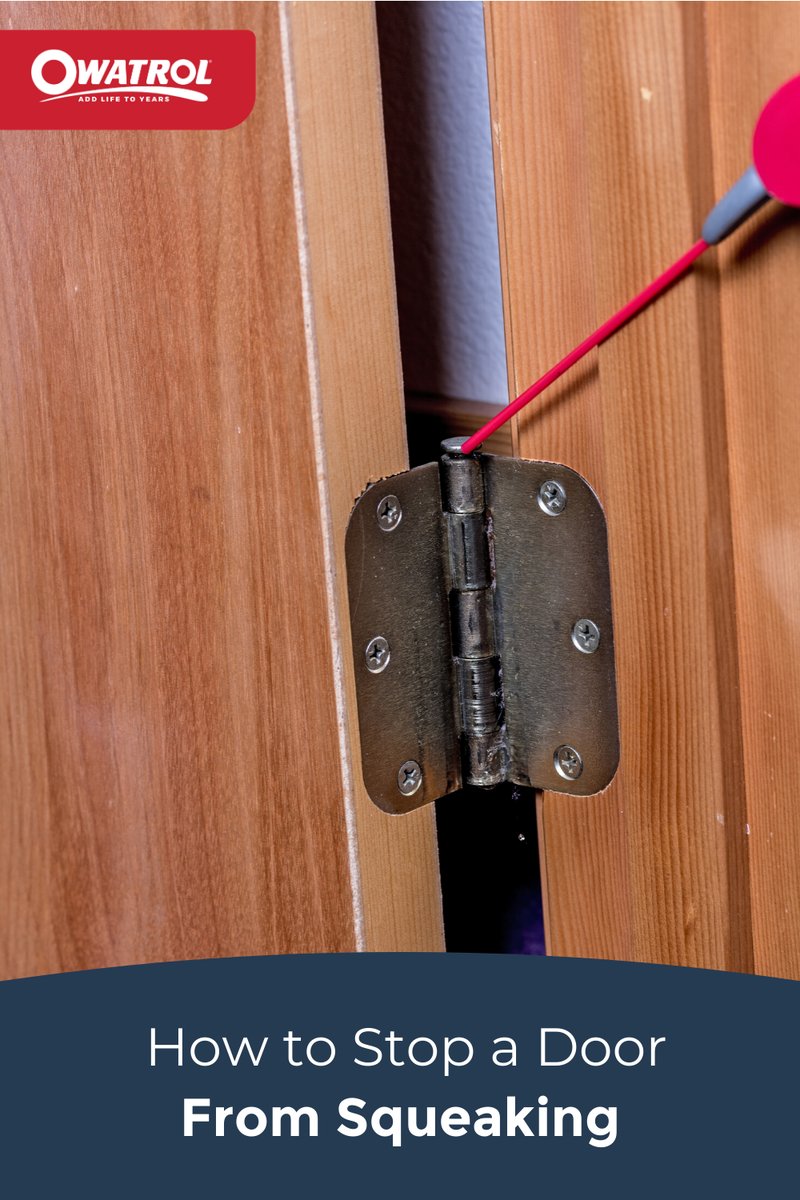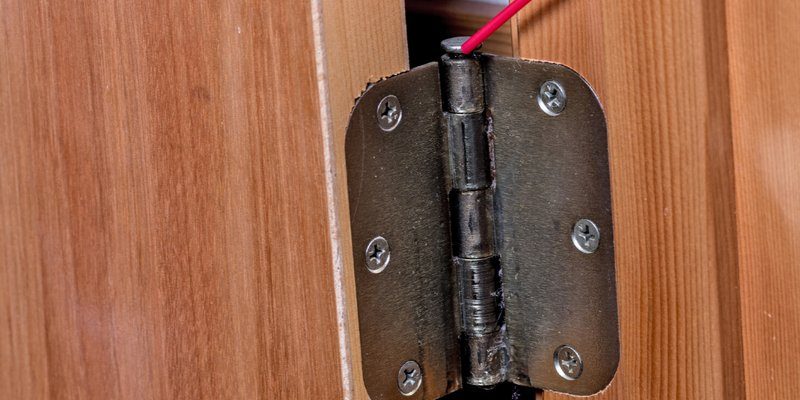
Imagine you’ve just put the finishing touches on your beautiful new door installation. Everything looks perfect, but as soon as you give it a push, you hear that nagging squeak. It’s the kind of sound that makes you cringe, like nails on a chalkboard. But don’t worry! Preventing squeaky door hinges isn’t rocket science. With a little know-how, you can keep your doors quiet and in tip-top shape.
So, why do door hinges squeak in the first place? It usually comes down to friction. When the hinge pins rub against each other without enough lubrication, they create noise. In this article, we’ll explore the causes and solutions for squeaky hinges, ensuring your new door stays silent and smooth.
Understanding the Anatomy of a Door Hinge
To tackle squeaky hinges effectively, it helps to understand what makes them tick. A door hinge is a mechanical device that allows a door to pivot smoothly around a fixed point. Each hinge typically consists of:
- Hinge leaves: These are the flat plates that attach to both the door and the frame.
- Hinge pin: This is the central rod that holds the two leaves together and allows them to pivot.
When you open a door, the leaves rotate around the pin. If there’s not enough lubrication, you’ll hear that dreaded squeak. Think of it like a bike chain—if it’s dry, it’ll creak and groan, but with proper oiling, it runs smoothly.
Common materials for hinges include stainless steel, brass, and plastic. Each has its own maintenance needs, but they all rely on one crucial factor—lubrication. So, if you want to prevent those squeaky door hinges, keeping them well-lubricated is key.
Choosing the Right Lubricant
So, what type of lubricant should you use? Here are a few options:
- WD-40: A popular choice that penetrates well and helps reduce friction. It can stop squeaks almost instantly.
- Silicone spray: This is ideal for longer-lasting lubrication without attracting dirt and dust.
- Graphite powder: A great dry lubricant option if you’re looking to avoid oil buildup.
When you’re selecting a lubricant, consider the environment. If you’re in a humid area, some oils might attract moisture, leading to rust. In that case, a silicone spray would be a better option.
Here’s the thing: you don’t need to overdo it. A little goes a long way. Just a few squirts or dabs will usually do the trick, keeping your door hinges quiet without making a mess.
Step-by-Step Lubrication Process
Now that you’ve chosen a lubricant, let’s walk through how to apply it effectively:
1. Open the Door: Start by opening the door fully to separate the hinge leaves. This gives you better access.
2. Clean the Hinge: Wipe down the hinges with a cloth to remove any dust, debris, or old lubricant. This helps the new lubricant adhere better.
3. Apply the Lubricant: Spray or dab your chosen lubricant directly onto the hinge pin and into the hinge mechanism. Make sure to cover all moving parts.
4. Work the Hinge: Open and close the door several times. This helps distribute the lubricant evenly throughout the hinge.
5. Wipe Off Excess: Use a clean cloth to catch any excess lubricant that drips down.
By following these steps, you can significantly reduce squeaking and keep your door working smoothly.
Regular Maintenance: A Key Habit
Preventing squeaky door hinges isn’t just a one-time job. Regular maintenance goes a long way in ensuring your doors stay quiet.
Consider checking your door hinges every few months. When you do, simply repeat the lubrication process as needed. If you start to hear some squeaking again, it’s a good sign that it’s time to give the hinges some attention.
You might also want to pay attention to how often the door is used. A high-traffic door may require more frequent maintenance. Make it a habit to check the hinges whenever you’re doing regular cleaning around the house.
Common Mistakes to Avoid
It’s easy to make a mistake when it comes to maintaining door hinges. Here are a few common pitfalls to watch out for:
- Using too much lubricant: While lubrication is important, excess lubricant can collect dust and dirt, leading to more problems down the line.
- Neglecting the cleaning step: Skipping cleaning means you might not get the full benefit of the new lubricant.
- Ignoring early signs of squeaking: If you hear a squeak, address it quickly to prevent more significant wear on the hinge.
Avoiding these mistakes can save you time and frustration in the long run. Remember, a little preventive care goes a long way!
Alternative Solutions for Persistent Issues
Sometimes, despite your best efforts, those squeaky door hinges just won’t cooperate. If you find yourself in this situation, here are some alternative strategies:
1. Replace the Hinges: If lubricating doesn’t solve the problem, it may be time for new hinges. Old or damaged hinges may not function correctly.
2. Adjust the Alignment: Sometimes, misalignment can cause squeaking. Check to see if the door is hanging properly and adjust the screws if necessary.
3. Consult a Professional: If you’re unsure or if the problem persists, it might be worth reaching out to a professional for help.
Keeping your doors quiet doesn’t have to be a chore. If you take the time to understand and care for your door hinges, you can avoid those annoying squeaks altogether.
Preventing squeaky door hinges on new installations is all about understanding a few key concepts and following simple steps. With the right lubricant, a little maintenance, and awareness of common mistakes, you can keep your doors operating smoothly and quietly.
So, the next time you hear that squeak, remember: it’s not the end of the world. Your new door installation can be a source of pride in your home without the annoying symphony of squeaks. Just take a little time to care for those hinges, and you’ll enjoy the peace and quiet you deserve.
